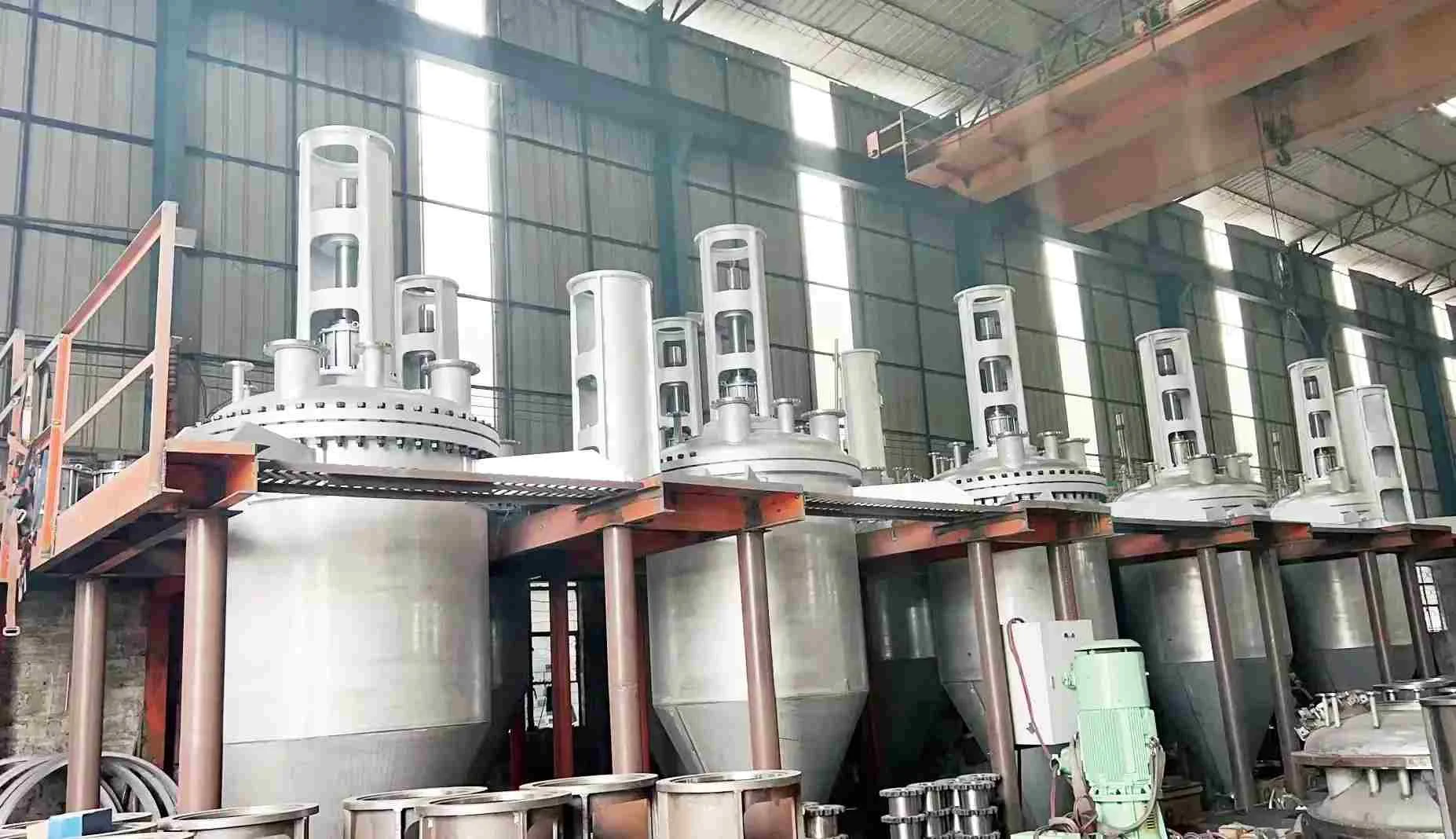A Comprehensive Guide to Lithium Anode Battery Granulation Processes
As the demand for lithium-ion batteries continues to rise, particularly in electric vehicles and renewable energy storage, the importance of efficient production processes cannot be overstated. One critical aspect of lithium battery manufacturing is the granulation of anode materials. At Shuochen Machinery, we specialize in Lithium Anode Battery Granulation Equipment (LABGE), which plays a vital role in the production of high-quality anode materials. This comprehensive guide will explore the granulation processes involved in lithium anode battery production, highlighting key equipment and techniques.

What is Lithium Anode Battery Granulation Equipment?
Lithium Anode Battery Granulation Equipment is designed specifically for the granulation of graphite anode raw materials used in lithium batteries. LABGE consists of several components, including a measuring tank, a high-temperature coating granulator, a cold mixer, and a tail gas collection tank. This equipment ensures that the granulation process is efficient and automated, allowing for consistent quality in the final product.
The Granulation Process
1. Material Preparation
The first step in the granulation process involves preparing the raw materials. This includes selecting high-quality graphite and other additives that will enhance the performance of the lithium anodes. The materials are carefully measured and mixed to ensure uniformity before entering the granulation equipment.
2. Heating and Mixing
Once prepared, the mixture is fed into the high-temperature coating granulator. This machine utilizes a cone-shaped mixed barrel with an external heating furnace. During this stage, the central turning shaft equipped with a snail belt rotates along the barrel wall, ensuring thorough mixing and heating of the materials. The heat is transferred through the barrel wall, allowing for optimal mixing and preparation of the granules.
3. Granulation
The core function of LABGE is to form granules from the prepared mixture. As the materials are heated and mixed, they begin to agglomerate into larger particles. This process is critical as it influences the density and performance characteristics of the final anode material.
4. Cooling and Collection
After granulation, it is essential to cool down the newly formed granules to stabilize them. The cooling process also helps prevent any potential degradation of material properties due to excessive heat. Once cooled, the granules are collected for further processing or packaging.
5. Quality Control
Throughout the granulation process, quality control measures are implemented to ensure that the final product meets industry standards. This includes monitoring particle size distribution, density, and other critical parameters that affect battery performance.
Advantages of Using Shuochen's LABGE
1. High Efficiency: Our equipment is designed for optimal performance, allowing for higher throughput and reduced production times.
2. Automated Processes: With automated controls, our LABGE minimizes human error and enhances consistency in production.
3. Versatile Applications: Suitable for various conductive materials beyond graphite, enabling flexibility in production.
4. Advanced Technology: Incorporates state-of-the-art heating and mixing technologies to ensure uniformity and quality in granules.
5. Robust Design: Built with durable materials to withstand rigorous industrial use while maintaining high performance.
Conclusion
The granulation process is a crucial step in producing high-quality lithium anode materials for batteries. With advanced Lithium Anode Battery Granulation Equipment from Shuochen Machinery, manufacturers can achieve efficient production with consistent quality results. By understanding each stage of this process—from material preparation to quality control—businesses can optimize their operations and contribute to the growing demand for reliable lithium-ion batteries. For more information or inquiries about our equipment, please feel free to contact us!
- Art
- Causes
- Crafts
- Dance
- Drinks
- Film
- Fitness
- Food
- Giochi
- Gardening
- Health
- Home
- Literature
- Musica
- Networking
- Altre informazioni
- Party
- Religion
- Shopping
- Sports
- Theater
- Wellness


